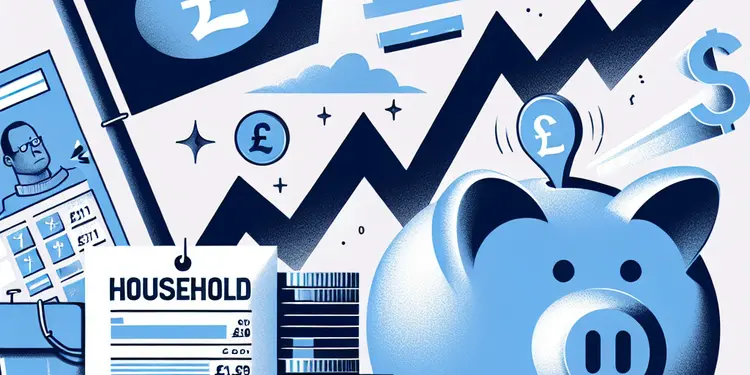
Find Help
More Items From Ergsy search
-
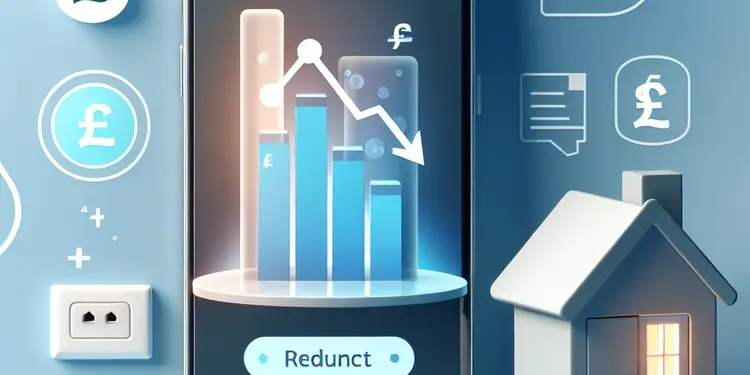
Are there apps that help manage and reduce household bills?
Relevance: 100%
-

Where can I get help in managing my household bills?
Relevance: 100%
-
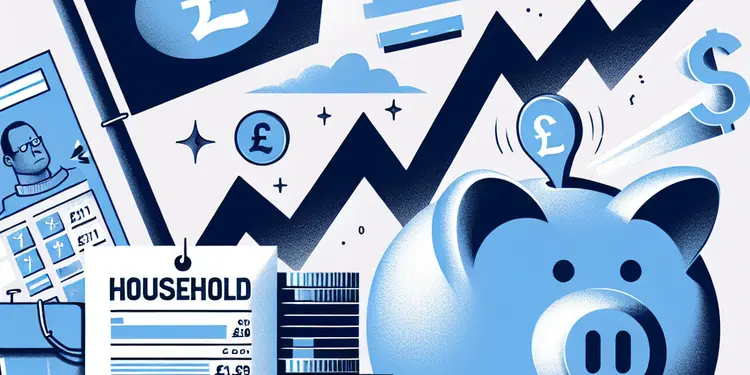
I am struggling with my household bills. What Can I do?
Relevance: 79%
-

Impact of Rising Energy Prices on Household Budgets
Relevance: 69%
-
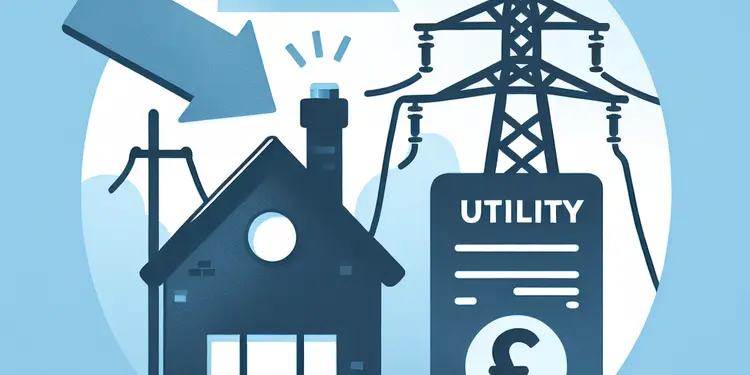
Are there government programs that help with utility bills?
Relevance: 66%
-
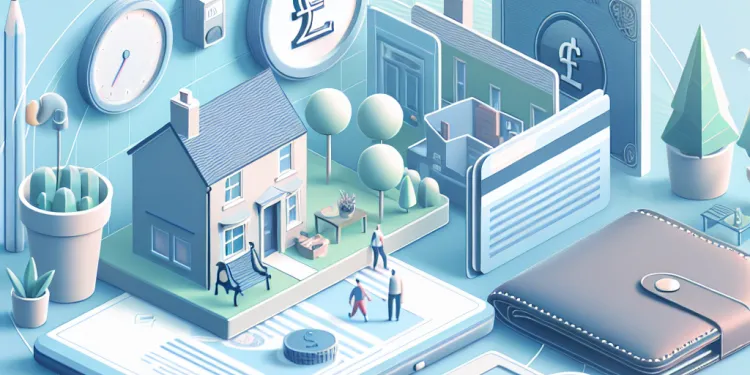
What are Household & Cost-of-Living Support grants?
Relevance: 62%
-
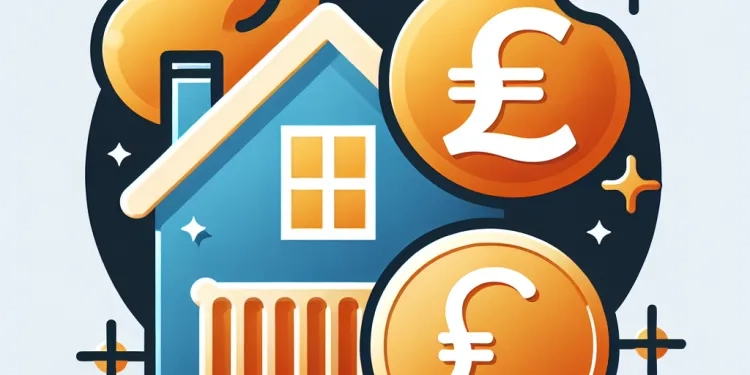
Does the Warm Home Discount apply to gas bills?
Relevance: 62%
-

UK Government Announces New Energy Bill Support Amid Rising Costs
Relevance: 60%
-
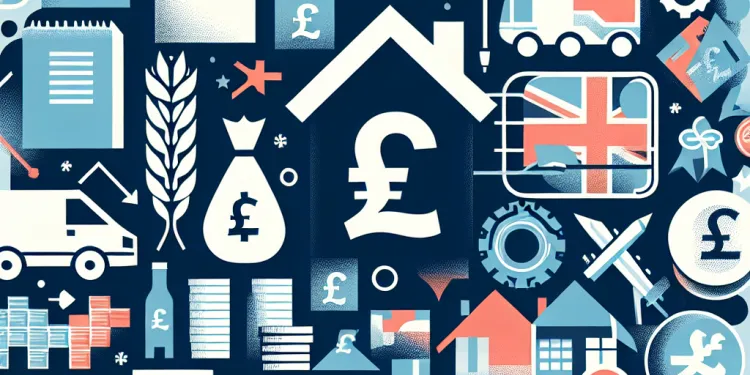
How can I apply for a Household & Cost-of-Living Support grant?
Relevance: 59%
-
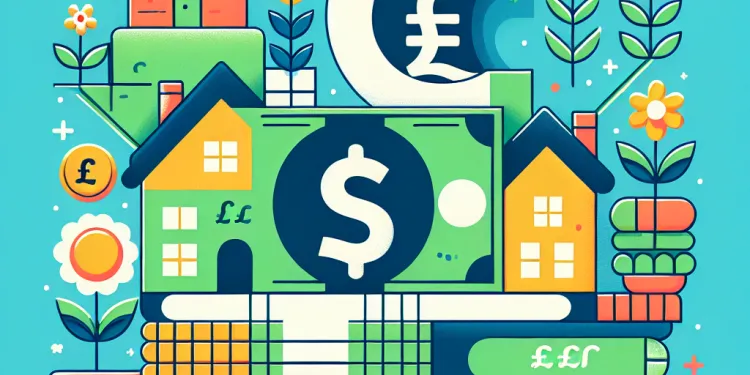
What Household & Cost‑of‑Living Support grants may be available to me?
Relevance: 59%
-
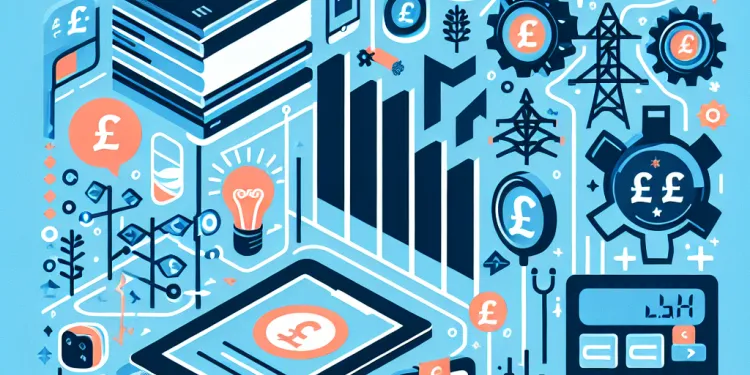
What should I do if my energy bill is unexpectedly high?
Relevance: 58%
-
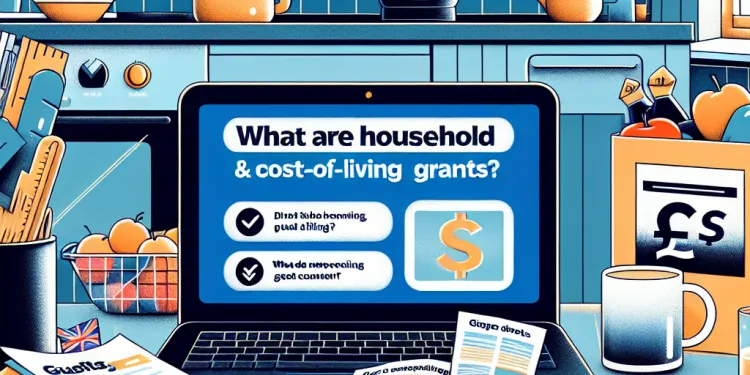
What are Household & Cost-of-Living Support grants?
Relevance: 58%
-

When will energy bills come back down in the UK?
Relevance: 57%
-

Does the energy price cap guarantee my total bill?
Relevance: 57%
-
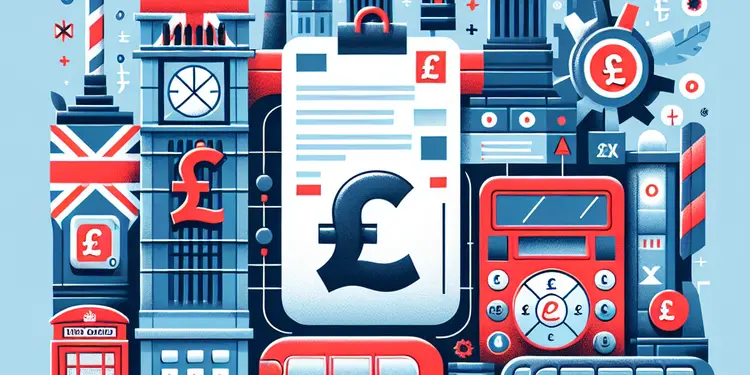
Where can I get a copy of my Council Tax bill?
Relevance: 56%
-
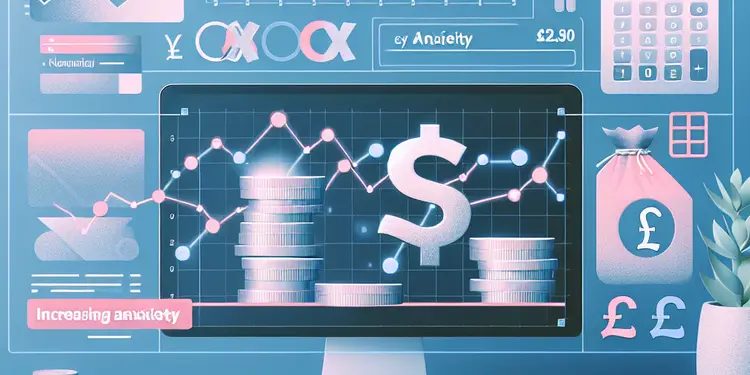
Survey Reveals Increasing Financial Anxiety Among UK Households
Relevance: 56%
-

Can I apply for Warm Home Discount if I use a billing app?
Relevance: 55%
-
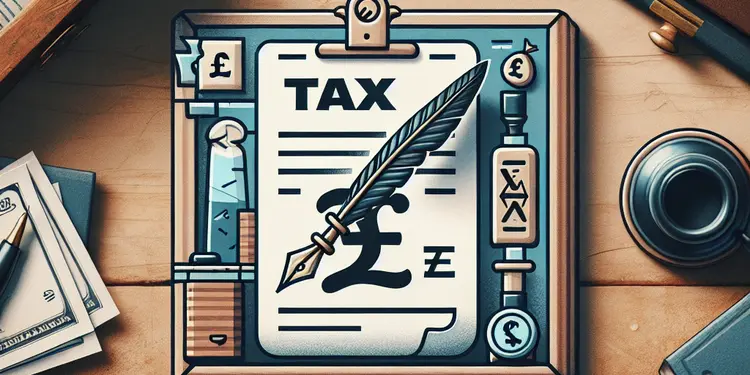
How do I pay my tax bill?
Relevance: 54%
-
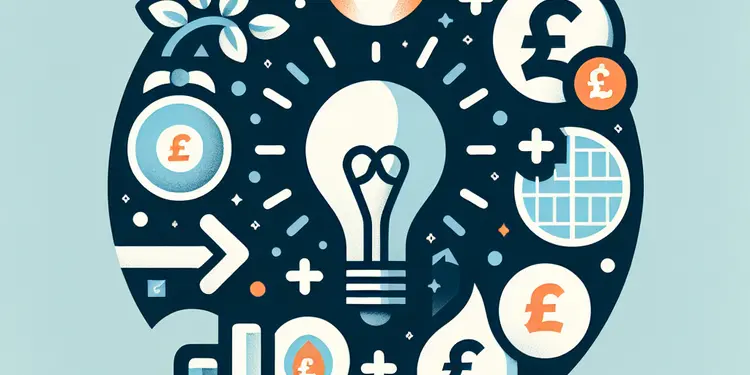
What factors influence the rise and fall of energy bills in the UK?
Relevance: 54%
-
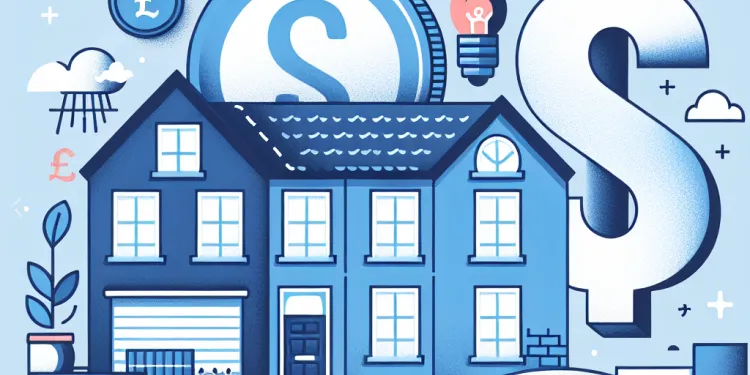
Who is eligible for Household & Cost-of-Living Support grants?
Relevance: 54%
-

How do I calculate my tax bill?
Relevance: 53%
-
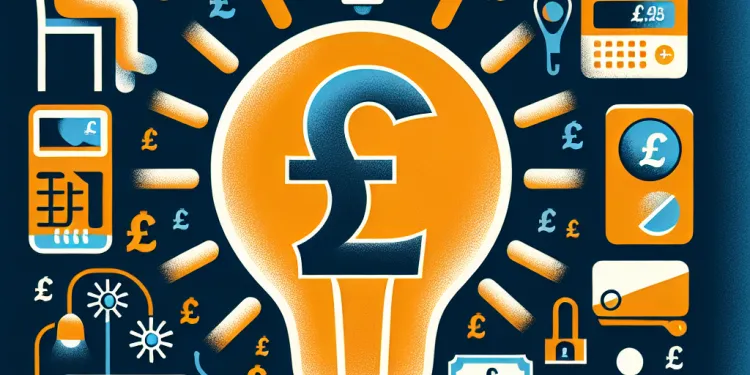
Energy Prices Set to Rise: How to Keep Your Bills Down
Relevance: 52%
-
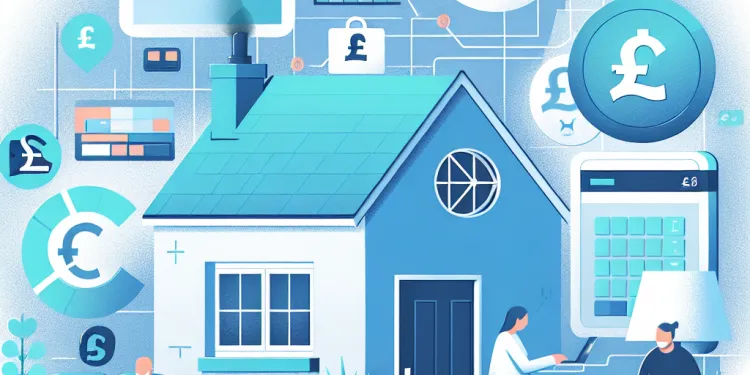
Who is eligible for Household & Cost-of-Living Support grants?
Relevance: 52%
-
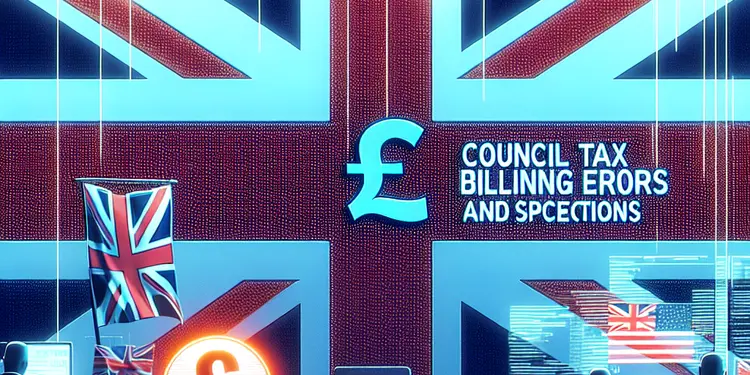
What should I do if I suspect an error in my Council Tax billing?
Relevance: 51%
-

Can seniors receive help with their energy bills?
Relevance: 49%
-
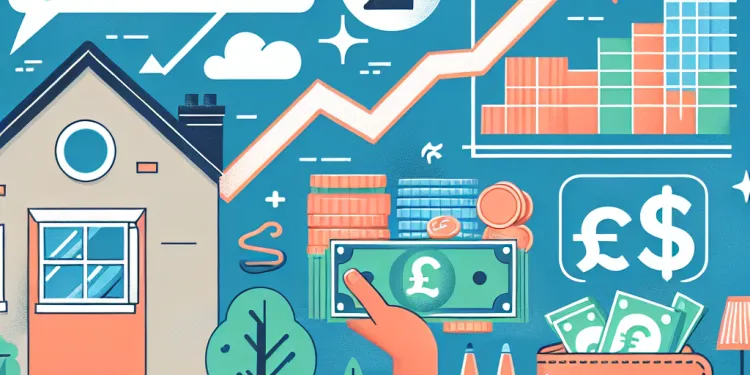
Do I need to pay back Household & Cost-of-Living grants?
Relevance: 49%
-

Can an inheritance tax bill be challenged or appealed?
Relevance: 49%
-
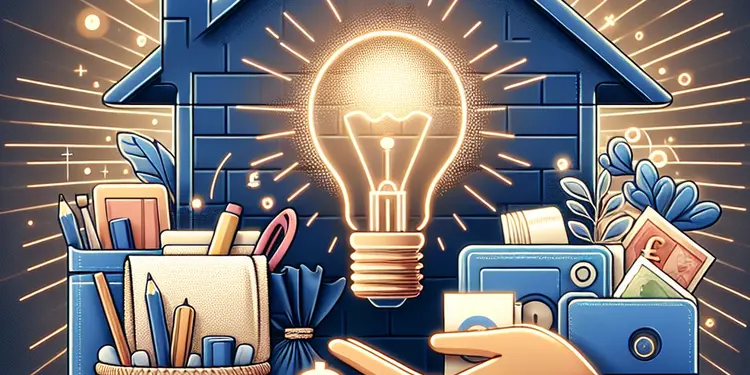
Where can I find non-profit organizations that help with household bills?
Relevance: 48%
-
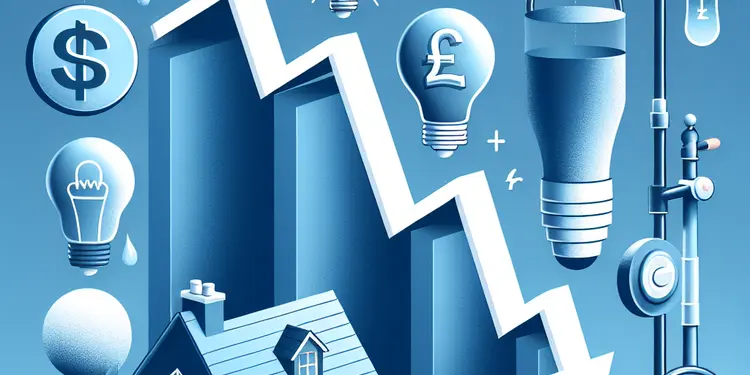
How can I lower my monthly utility bills?
Relevance: 48%
-

Legal Experts Warn of Consequences in Upcoming AI Regulation Bill
Relevance: 48%
-
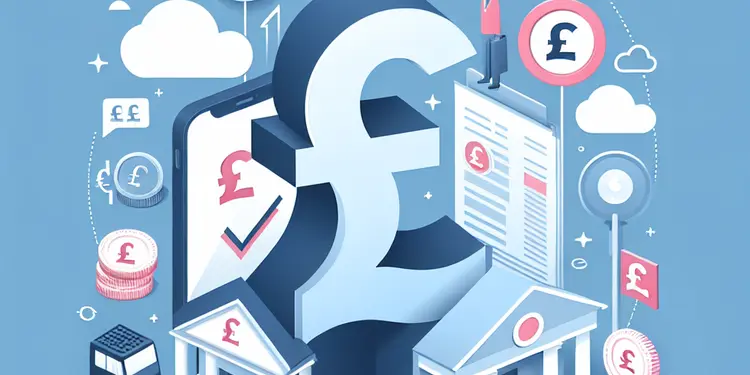
Can I get help negotiating bills with service providers?
Relevance: 48%
-
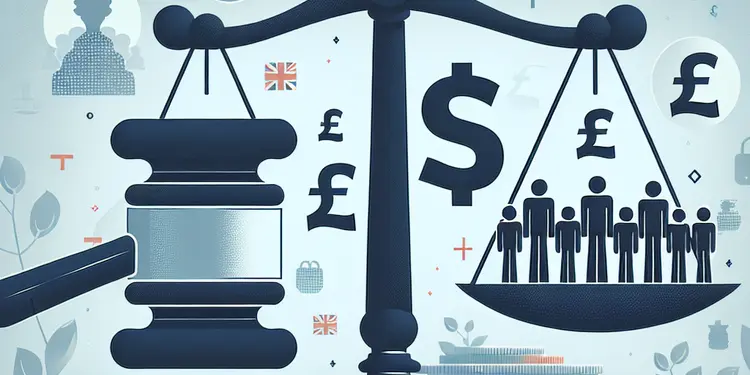
Government Faces Legal Challenge Over Proposed Immigration Bill
Relevance: 47%
-
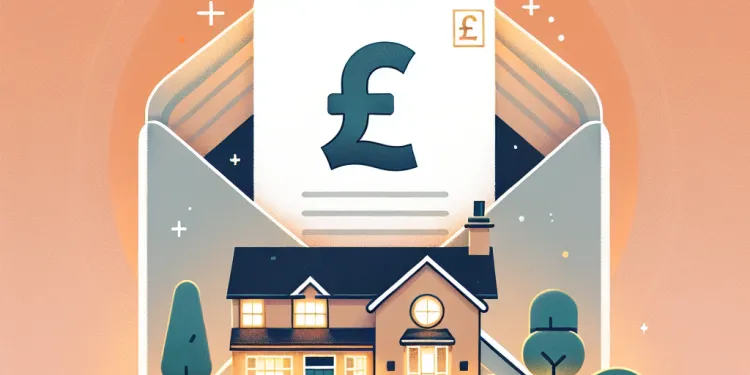
How can I apply for a Household & Cost-of-Living Support grant?
Relevance: 46%
-

What if I can’t pay my tax bill on time?
Relevance: 46%
-

How does billing for live-in care work?
Relevance: 45%
-

How does the energy price cap affect my energy bills?
Relevance: 44%
-
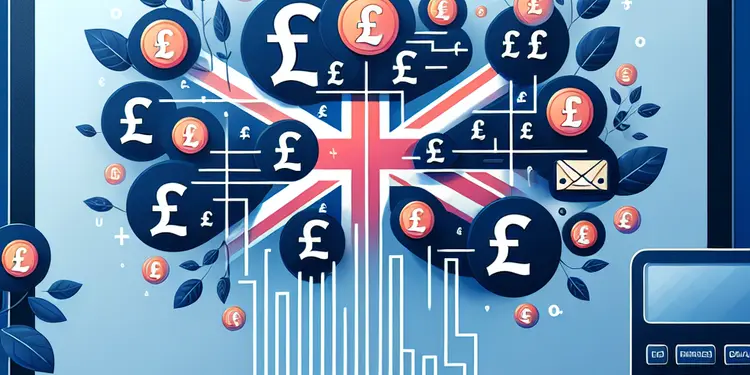
How is the Inheritance Tax bill calculated?
Relevance: 42%
-
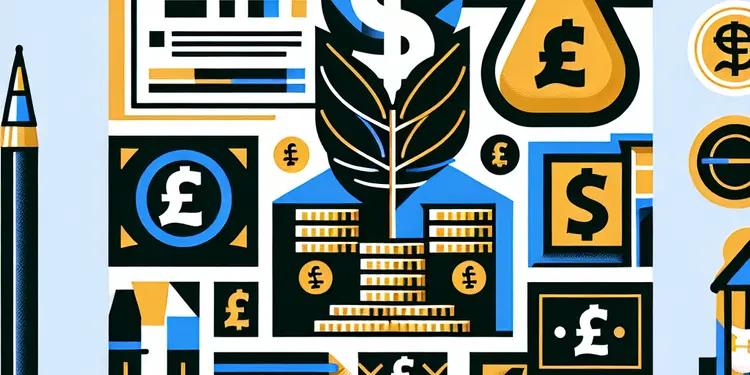
Is it possible to reduce the Inheritance Tax bill?
Relevance: 41%
-

What measures can consumers take to reduce their energy bills?
Relevance: 41%
-
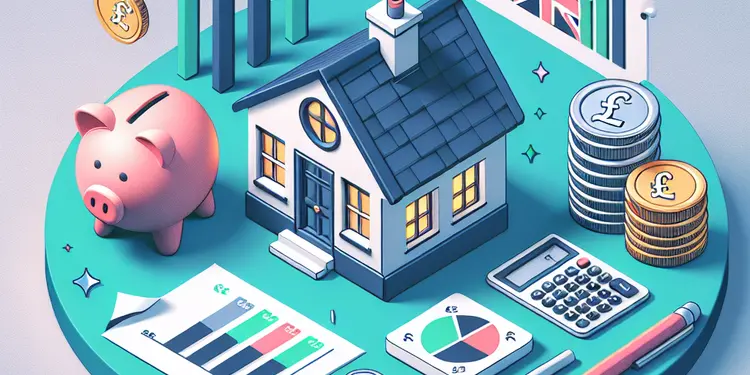
Where can I get budgeting advice to manage my household expenses better?
Relevance: 38%
Understanding Your Financial Situation
If you are struggling with your household bills, it's crucial first to understand your current financial situation. Take some time to list all of your monthly income and expenses. This will give you a clear picture of where your money is going and help you identify any areas where you might be able to cut back. Be sure to include all sources of income, such as wages, benefits, and any other earnings. Likewise, list all your expenses, including rent or mortgage, utilities, groceries, transportation, and any other regular outgoings.
Creating a Budget
Once you have a clear understanding of your financial situation, the next step is to create a budget. A budget helps you prioritize your spending and ensure that your essential bills are paid first. Begin by listing your most critical expenses such as rent or mortgage, utility bills, and food. Then, allocate funds for these essentials before considering discretionary spending. Stick to this budget as closely as possible and periodically review it to ensure it still meets your needs.
Reducing Household Bills
There are several ways to reduce your household bills. Start by reviewing your energy bills and consider switching to a cheaper provider. Use comparison websites to find the best deals available. Similarly, review your phone and internet plans to see if you can switch to a more affordable package. Reducing energy consumption by turning off lights and unplugging devices can also make a difference. Look for discounts and offers on groceries, and consider buying in bulk for non-perishable items to save money.
Debt Management and Assistance
If debt is a significant part of your financial challenge, it might be beneficial to seek advice from a debt management service. Organizations like StepChange, Citizens Advice, and National Debtline offer free and confidential advice. They can help you come up with a manageable plan to repay your debts and may even negotiate with creditors on your behalf. Ensure you prioritize debts like your mortgage or rent and essential bills to avoid severe consequences.
Increase Your Income
If possible, consider ways to increase your income. This might include taking on additional work, such as freelance or part-time jobs. Selling unwanted items online or renting out a spare room could provide extra income. Additionally, make sure you’re receiving all the benefits you’re entitled to, such as Universal Credit or Council Tax Reduction. The UK government website offers a benefits calculator that can help you identify available assistance.
Seek Professional Advice
Finally, it's worth seeking professional financial advice if you continue to struggle. Financial advisers can offer valuable insights and guidance tailored to your specific circumstances. Although some services may charge, charities and non-profit organizations often provide free or low-cost advice that can help you regain control of your finances. Remember, it's essential to address financial challenges early to prevent them from becoming overwhelming.
Know Your Money Situation
If paying your bills is hard, first you need to know where your money is going. Write down all the money you get each month and all the things you spend money on. This will help you see where you can save. Make sure you include all the money you earn, like your job pay, benefits, or any other money you get. Also, list everything you spend money on, like rent, utilities (like water and electricity), food, and transport.
Make a Spending Plan
When you know where your money goes, start making a plan for spending your money, called a budget. This will help you pay for the most important things first. Start with the biggest needs like rent, bills, and food. Make sure you save money for these first before you think about other spending. Try to stick to your plan and check it now and then to make sure it still works for you.
Spend Less on Bills
You can find ways to pay less for your bills. Look at your energy bills and see if another company offers cheaper prices; comparison websites can help. Do the same for your phone and internet. Save energy by turning off lights or unplugging things not in use. Look for sales and discounts on food. Buying large amounts of things that last a long time can help you save money too.
Handle Debt Wisely
If you owe people money, getting help is a good idea. Groups like StepChange or Citizens Advice can give free help. They help make a plan to pay back what you owe and may talk to people you owe money to for you. Make sure you pay important debts like rent or bills first to avoid more problems.
Earn More Money
See if you can find ways to make more money. You could work extra hours or get a part-time job. You can sell things you don’t use anymore or rent out a spare room for money. Also, check if you get all the money help you can, like Universal Credit. Use the UK government benefit checker to see what you can get.
Get Expert Help
If you still find money hard to manage, think about talking to a money expert. They can give advice just for you. Some experts might cost money, but some groups offer free or cheap help. It’s important to get help early before money problems get too big.
Frequently Asked Questions
Useful Links
Have you found an error, or do you have a link or some information you would like to share? Please let us know using the form below.
-->
This website offers general information and is not a substitute for professional advice.
Always seek guidance from qualified professionals.
If you have any medical concerns or need urgent help, contact a healthcare professional or emergency services immediately.
Some of this content was generated with AI assistance. We’ve done our best to keep it accurate, helpful, and human-friendly.
- Ergsy carfully checks the information in the videos we provide here.
- Videos shown by Youtube after a video has completed, have NOT been reviewed by ERGSY.
- To view, click the arrow in centre of video.
- Most of the videos you find here will have subtitles and/or closed captions available.
- You may need to turn these on, and choose your preferred language.
- Go to the video you'd like to watch.
- If closed captions (CC) are available, settings will be visible on the bottom right of the video player.
- To turn on Captions, click settings .
- To turn off Captions, click settings again.
More Items From Ergsy search
-

Are there apps that help manage and reduce household bills?
Relevance: 100%
-

Where can I get help in managing my household bills?
Relevance: 100%
-

I am struggling with my household bills. What Can I do?
Relevance: 79%
-

Impact of Rising Energy Prices on Household Budgets
Relevance: 69%
-

Are there government programs that help with utility bills?
Relevance: 66%
-

What are Household & Cost-of-Living Support grants?
Relevance: 62%
-

Does the Warm Home Discount apply to gas bills?
Relevance: 62%
-

UK Government Announces New Energy Bill Support Amid Rising Costs
Relevance: 60%
-

How can I apply for a Household & Cost-of-Living Support grant?
Relevance: 59%
-

What Household & Cost‑of‑Living Support grants may be available to me?
Relevance: 59%
-

What should I do if my energy bill is unexpectedly high?
Relevance: 58%
-

What are Household & Cost-of-Living Support grants?
Relevance: 58%
-

When will energy bills come back down in the UK?
Relevance: 57%
-

Does the energy price cap guarantee my total bill?
Relevance: 57%
-

Where can I get a copy of my Council Tax bill?
Relevance: 56%
-

Survey Reveals Increasing Financial Anxiety Among UK Households
Relevance: 56%
-

Can I apply for Warm Home Discount if I use a billing app?
Relevance: 55%
-

How do I pay my tax bill?
Relevance: 54%
-

What factors influence the rise and fall of energy bills in the UK?
Relevance: 54%
-

Who is eligible for Household & Cost-of-Living Support grants?
Relevance: 54%
-

How do I calculate my tax bill?
Relevance: 53%
-

Energy Prices Set to Rise: How to Keep Your Bills Down
Relevance: 52%
-

Who is eligible for Household & Cost-of-Living Support grants?
Relevance: 52%
-

What should I do if I suspect an error in my Council Tax billing?
Relevance: 51%
-

Can seniors receive help with their energy bills?
Relevance: 49%
-

Do I need to pay back Household & Cost-of-Living grants?
Relevance: 49%
-

Can an inheritance tax bill be challenged or appealed?
Relevance: 49%
-

Where can I find non-profit organizations that help with household bills?
Relevance: 48%
-

How can I lower my monthly utility bills?
Relevance: 48%
-

Legal Experts Warn of Consequences in Upcoming AI Regulation Bill
Relevance: 48%
-

Can I get help negotiating bills with service providers?
Relevance: 48%
-

Government Faces Legal Challenge Over Proposed Immigration Bill
Relevance: 47%
-

How can I apply for a Household & Cost-of-Living Support grant?
Relevance: 46%
-

What if I can’t pay my tax bill on time?
Relevance: 46%
-

How does billing for live-in care work?
Relevance: 45%
-

How does the energy price cap affect my energy bills?
Relevance: 44%
-

How is the Inheritance Tax bill calculated?
Relevance: 42%
-

Is it possible to reduce the Inheritance Tax bill?
Relevance: 41%
-

What measures can consumers take to reduce their energy bills?
Relevance: 41%
-

Where can I get budgeting advice to manage my household expenses better?
Relevance: 38%


